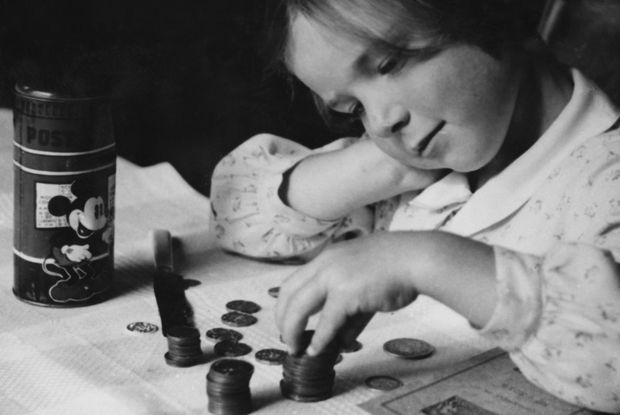‘If you’re a saver, this budget is for you’, George Osborne said on Wednesday as he unveiled measures to let people keep more of what they save – such as combining cash and stocks-and-shares ISAs and whacking the subscription limit up to £15,000 from the 1st of July this year.
But will people put their money away in savings accounts? The OBR’s latest forecasts show that the savings ratio – the percentage of households’ disposable income that they save – will fall by almost a fifth this year, and households will put away significant less than the OBR thought they would last March.
[datawrapper chart=”http://cf.datawrapper.de/JjUGo/1/”]
Households aren’t just not saving – they’re spending what they’ve already saved. In December, Sky New’s Ed Conway reported that households are turning their savings into ready money at the fastest rate ever recorded – £900 for every household over the previous year. This splurge is largely responsible for the recovery. The OBR’s most recent forecasts for the economy said:-
‘Consumer spending, supported by a falling saving ratio, has been the biggest driver of recent growth… It remains the case that the increase in consumption in 2013 was financed mainly by lower saving, rather than stronger income growth.’
Why has the savings ratio fallen, and why are people spending what they’ve put away? As Ed Miliband never tires of pointing out, there’s a cost-of-living crisis: in real terms, wages haven’t been going up. So, people might have been dipping into their savings to maintain their lifestyle. They might also expect wage growth and inflation in the future, and shift some of their future spending to now. And of course, dismally low rates of interest don’t encourage people to lock their money away in a bank account.






Comments